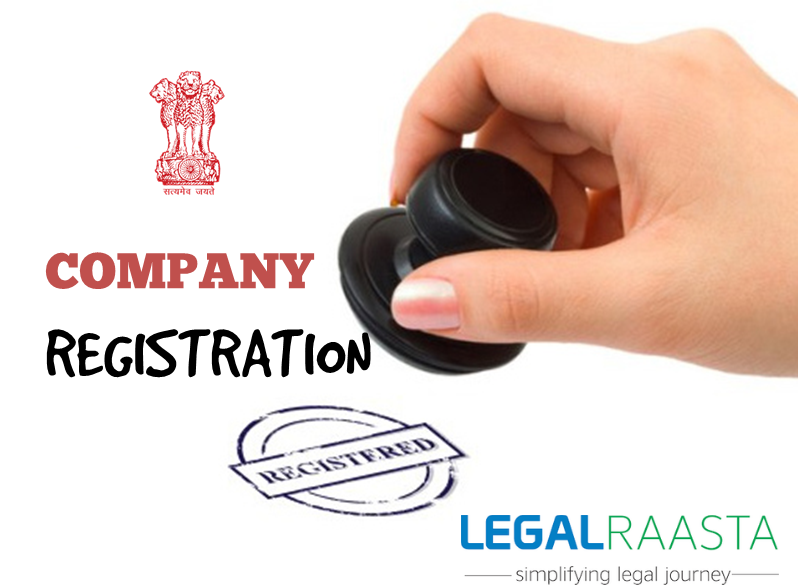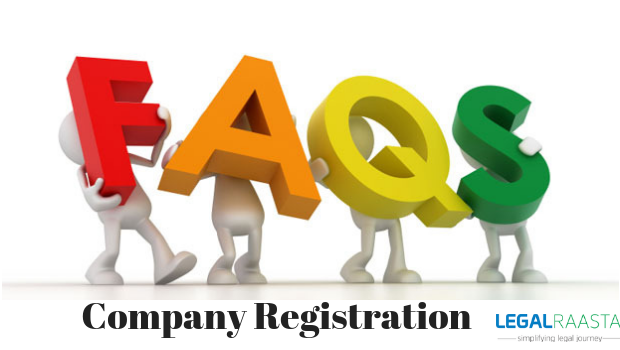Why opt Private Limited Company over Proprietorship
Choosing your Company Type
The choice you make for the type of company you are forming will shape the future of your business. Thus, it becomes a crucial decision to choose the correct form of company. There are many types of company you can form for eg. Private Limited Company, Limited Liability Partnership(LLP), Sole Proprietors, Public Company among others. With this article, we’re going to look at two types of companies i.e. Pvt Ltd company and Sole proprietorship and why you should opt Private Limited Company over Proprietorship. However, before we delve into why you should go with one company or the other, let’s lay down what these companies are and how they function. This will help you make an informed decision about the company.
Private Limited Company
What is a private limited company? we must ask ourselves first. Basically, a private limited company is an organization which is held privately. Held privately just means that the shares of the company are not tradable to the general population. Private Limited Companies have many characteristics which make them a strong business vehicle.
Here’s a list of salient features of Private Limited Company.
- Members- To start a private limited company, A minimum of 2 shareholders/directors are required, in addition to this, the maximum number of shareholders can be 200. The company also has the power of appointing up to 15 directors.
- Limited Liability- This basically means that the risk to the personal assets of the directors/shareholders is minimized in case of incurring heavy losses. The threat is only limited to the value of the shares of the particular director/shareholder.
- Perpetual Succession – The company’s lifespan continues its existence even after the death, insolvency or bankruptcy of any of its directors
- Separate Entity- Private Limite Companies are body corporate which means that they are a separate legal entity from its directors and shareholders.
- Index of Members- A private company has the privilege of not having to maintain an index of its members, unlike many other company types.
Sole Proprietorship
Sole Proprietorship as the name suggests is a form of business in which there is only a sole owner/trader doing business with the aim of earning profits.
Let’s list down a few Salient features of Sole Proprietorship
- Single Owner- Sole proprietorship Registration procedure is very easy and has fewer formalities. A sole proprietorship has only a single owner aiming to earn profits.
- Unlimited Liability- This basically means that owners of sole proprietorship have all the liability to pay for the losses of the company from their personal assets.
- Company Existence- Death of the proprietorship owner affects the life of the business. There is no provision of perpetual succession in proprietorship and nobody can take over the business in the event of the passing of the owner.
- The single bearer of profit and loss- Profits and loss are borne by the individual only. In the case of any profit that a business earns or any loss that a business received is borne by the sole proprietor only. He cannot shift the charge off losses on other people.
Why Opt Private Limited Company over Proprietorship
Now, after we have outlined the basic characteristics of both type of companies, let’s look at why going for a private limited company will be a better choice for your business. Proprietorships have the slight edge on other companies because of their less stringent compliance requirements. However, the benefits of the private limited company easily eclipse the ease of compliance requirements of proprietorship.
- Limited Liability – In a private limited company, the risk to the personal assets of a director or a shareholder is limited to their extent of shareholding. The personal assets of a director/shareholder cannot be acquired to clear debts of the company. In a proprietorship, the owner has unlimited liability
- In a private limited company, The trading of shares is done in a restricted manner, this reduces the risk of a hostile takeover.
- Perpetual succession- The company does not cease to exist after the departure of directors due to any reason. In a proprietorship, nobody can take over the company in the event of death, bankruptcy or insolvency of the trader.
- Separate Legal Entity- Private Limited companies are a body corporate which means they can sue, be sued, dispose of the property of the company and will be judged as an entity separate from its members. In a proprietorship, the trader is one with the business, any legal proceedings against the company is like a proceeding against the individual
- Tax Burden- There are many provisions for relieving the tax burden and lower tax rates on private limited companies within the confines of the Income Tax Act, 1961.
- Exemptions: Private Limited companies have been granted many exemptions for compliances and operations and hence need less maintainence.
Read : Exemptions Private Limited
Conclusion
There are many benefits to being a sole trader in a proprietorship and having no compliances and obligations. However, private limited companies have smooth structure of operation and separation of both assets as well identity. Therefore, private limited companies are proving to be better in the long run. Convinced to opt private limited company over proprietorship?
Read More: Proprietorship to Private Limited Company Conversion
Starting your own company and stuck with Private Limited Company Registration? Don’t worry! Get in touch with the team of experts at LegalRaasta where our aim is to simplify compliances. Our wide range of services includes company registration, GST registration, Income-Tax Return Filing among others. Give us a ring at +91-8750008585 or shoot an email at contact@legalraasta.com










